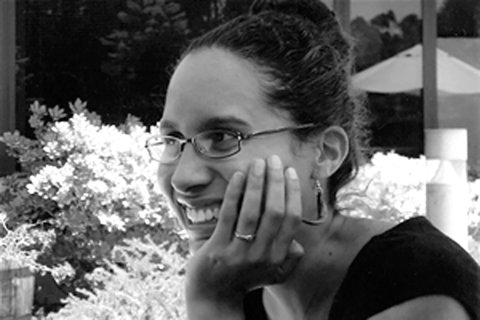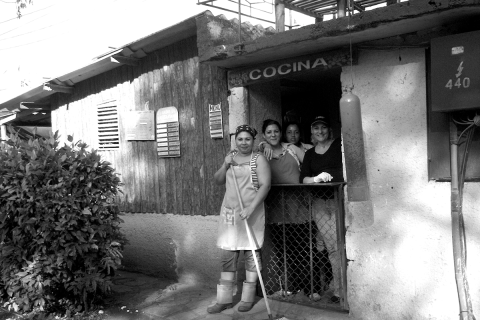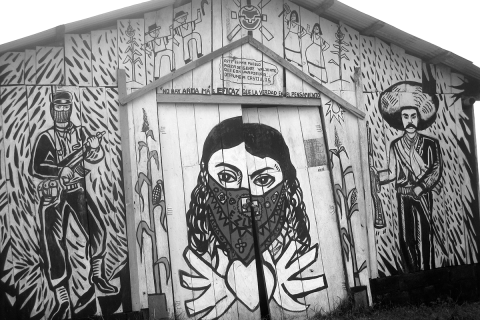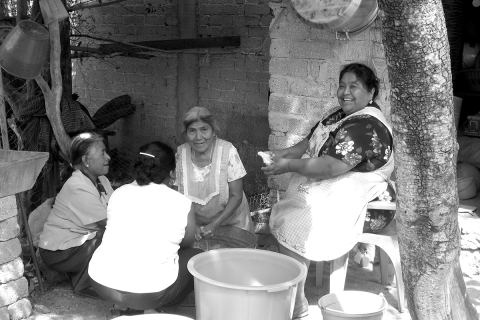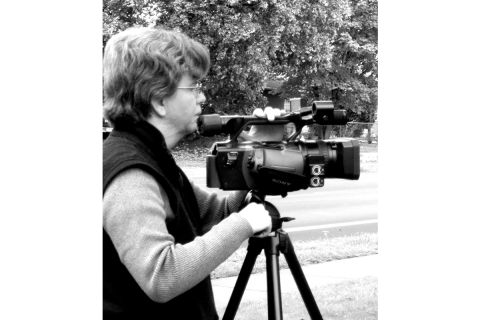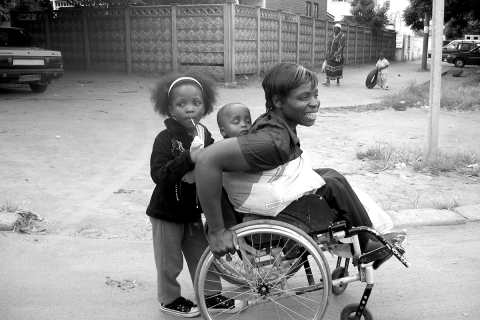
HIV/AIDS and Women with Disabilities in Zimbabwe
by Susie Grimes, Graduate Student, Department of International Studies
In 2002 I was in Lusaka, Zambia, making a video documentary on a microcredit program for women with disabilities. We were at the marketplace to meet members of a sewing group that had received a small loan from the program. One of its members came forward and told us some startling news: out of the original twelve women with disabilities who had formed the collective a year earlier, only four were left. The others had died of Acquired Immune Deficiency Syndrome (AIDS).


